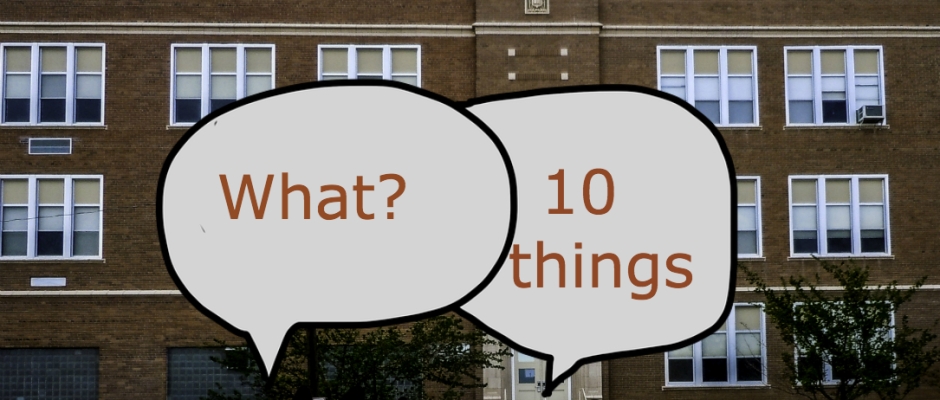10 Things to Know about the Charter School Debate

At separate conventions this summer, the NAACP and the Black Lives Matter Movement—the nation’s oldest and the youngest civil rights organizations—passed resolutions critical of charter schools and the privatization of education. We may have reached a watershed moment for market-based school choice.
This article appeared here first at the Progressive Magazine.
Here are 10 things to consider about the market-based charter schools debate:
- Where did market-based school choice come from? Writing in the 1950s, the libertarian economist Milton Friedman, followed by John Chubb and Terry Moe in the 1990s, argued for a profit-based education system where resources are controlled by private entities rather than by democratically elected governments. They recommended a system of public education built around parent-student choice, school competition, and school autonomy as a solution to what they saw as the problem of direct democratic control of public schools.
- School “choice” does not cure the inequality created by markets. Not surprisingly, the academics neglected to mention that market-based mechanisms are the very system that created the inequities in American public schools today. Along with other public policies, including redlining, market forces created racial and economic segregation. Instead of making this situation better, school choice made this situation worse. A group of Chilean economists mentored by Friedman, the Chicago Boys, took Friedman’s theories about education back to their home country and to push an education system with universal choice and relaxed regulation and oversight. Over the past several decades, Chile simultaneously became one of the richest countries in South America and the most unequal developed country in the world.
- The position of the NAACP and Black Lives Matter on privatization is consistent with the views of past civil rights leaders. NAACP co-founder W.E.B. Du Bois, in his essay Negroes and the Crisis of Capitalism in the U.S., extolled the virtues of collaborative social and government action. He railed against the role of businesses and capitalistic control that “usurp government” and made the “throttling of democracy and distortion of education and failure of justice widespread.” Malcolm X characterized market-based public policy as “vulturistic” and “bloodsucking.” He advocated for collaborative social systems to solve problems. Martin Luther King Jr. argued that we often have socialism in public policy for the rich and rugged free market capitalism for the poor. King and Malcolm X would have recognized the current patterns we see of charters located primarily in urban and poor areas rather than wealthy suburban enclaves. White academics pressing for market-based school choice in the name of “civil rights” ignore this history of African American civil rights leaders advocating for collaborative systems of social support and distrusting “free market” policies.
- Is the NAACP and Black Lives Matter position on schools out of touch with civil rights? A barrage of criticism has come from market-based school choice proponents and charter operators about the NAACP and Black Lives Matter resolutions. However, the NAACP has for years been consistent in its critique of charters schools. At the 2010 convention, the NAACP national board and members supported an anti-charter resolution saying that state charter schools create “separate and unequal conditions.” A review of ten years of research supports their statement. More recently, in 2014, the NAACP connected school choice with the private control of public education. While the recent 2016 resolution has not yet been ratified as policy by the NAACP National Board, more than 2,000 NAACP delegates from across the nation did vote for a charter school moratorium based on a variety of civil rights-based critiques such as a lack of accountability, increased segregation, and disparate punitive and exclusionary discipline for African Americans.
- Do families actually choose charter schools? Probably the most prominent argument heard from market-based education proponents is that school choice means that families can choose their own schools. Proponents of market-based school choicehave argued that charter schools were designed to have both more freedom and more accountability. Critics of privately-managed schools point out that 10 Things to Know about the Charter School Debate – Cloaking Inequity:
